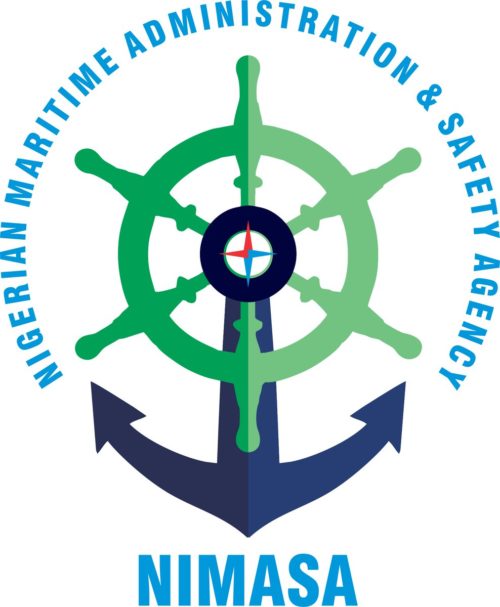The Dawn of a New Era: Operationalization of the Cabotage Vessels Financing Fund (CVFF) in Nigeria
The Nigerian maritime sector is poised for a significant transformation with the long-awaited operationalization of the Cabotage Vessels Financing Fund (CVFF). After nearly two decades of delays, the Nigerian Maritime Administration and Safety Agency (NIMASA) has announced the selection of twelve Primary Lending Institutions (PLIs) to disburse the fund. This momentous occasion marks a crucial step towards empowering indigenous shipowners, reducing reliance on foreign vessels, and bolstering local content within the sector. The CVFF, established under the Coastal and Inland Shipping (Cabotage) Act of 2003, aims to provide financial support for vessel acquisition and enhance the capacity of local operators. This initiative aligns with the Federal Government’s commitment to transforming the maritime landscape and promoting indigenous participation. With approvals secured from President Bola Tinubu and the Minister of Marine and Blue Economy, Adegboyega Oyetola, the CVFF is finally set to fulfill its intended purpose and propel the Nigerian maritime industry forward.
The selection of reputable PLIs, including First Bank, Fidelity Bank, Zenith Bank, United Bank for Africa, Jaiz Bank, and Lottos Bank, underscores the commitment to a transparent and efficient disbursement process. The single-digit interest rate further enhances the accessibility of the fund for indigenous shipowners, enabling them to acquire modern vessels and compete effectively within the cabotage trade. This initiative is expected to generate significant employment opportunities for Nigerian seafarers, stimulate ancillary maritime services, and contribute to the overall economic growth of the sector. By providing financial backing and fostering local ownership, the CVFF aims to reverse the trend of foreign dominance in Nigeria’s coastal waters and unlock the full potential of the nation’s maritime resources.
Stringent monitoring mechanisms will be implemented to ensure compliance and effective utilization of the loan facility. This oversight will safeguard the integrity of the fund and maximize its impact on the development of the maritime sector. Beneficiaries are required to contribute an equity portion, with the CVFF providing up to 50% of the funding or a maximum of $25 million. The loans will be disbursed in US dollars, with a repayment period of eight years, providing a structured and sustainable framework for indigenous shipowners to invest in their fleet expansion and modernization. This structured approach ensures responsible financial management and promotes the long-term viability of the CVFF program.
Eligibility for the CVFF is restricted to Nigerian citizens, and the funds can only be used for vessels owned, built, operated, and managed by Nigerians. The vessels purchased must be no older than twelve months before the application, ensuring that the fund supports the acquisition of modern and efficient shipping assets. This emphasis on local ownership and operation aligns with the overarching goal of promoting indigenous participation and strengthening the Nigerian maritime industry. Strict adherence to the provisions of the Cabotage Act will be enforced to maintain the integrity and effectiveness of the program.
Stakeholders across the maritime sector have expressed their support and provided valuable insights to ensure the successful implementation of the CVFF. The Nigerian Chamber of Shipping has urged NIMASA to clarify the terms and conditions of the loan, emphasizing the need for transparency and clear communication to potential beneficiaries. Recommendations for including insurance and repayment safeguards further strengthen the program’s framework and mitigate potential risks. Collaborative efforts between NIMASA and industry stakeholders will be crucial in optimizing the impact of the CVFF and achieving its long-term objectives.
The operationalization of the CVFF signifies a paradigm shift in Nigeria’s maritime landscape. It represents not merely the end of a protracted waiting period but the dawn of a new era for indigenous participation and sustainable growth in the sector. By empowering local shipowners, promoting local content, and creating employment opportunities, the CVFF is poised to unlock significant economic benefits and position Nigeria as a prominent player in the global maritime arena. The implementation of this long-awaited fund is a strategic investment in Nigeria’s maritime future and demonstrates the government’s commitment to developing a robust and thriving maritime sector.














